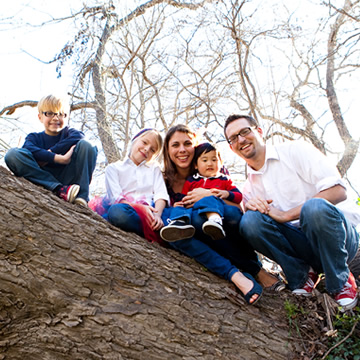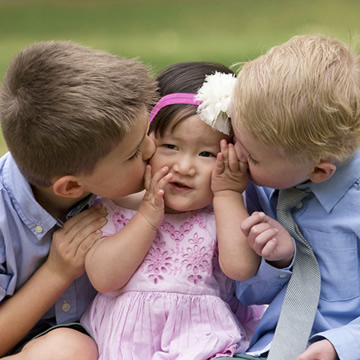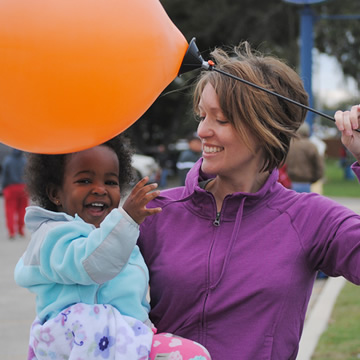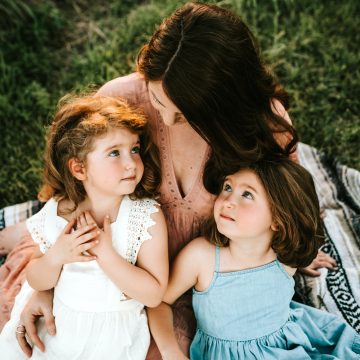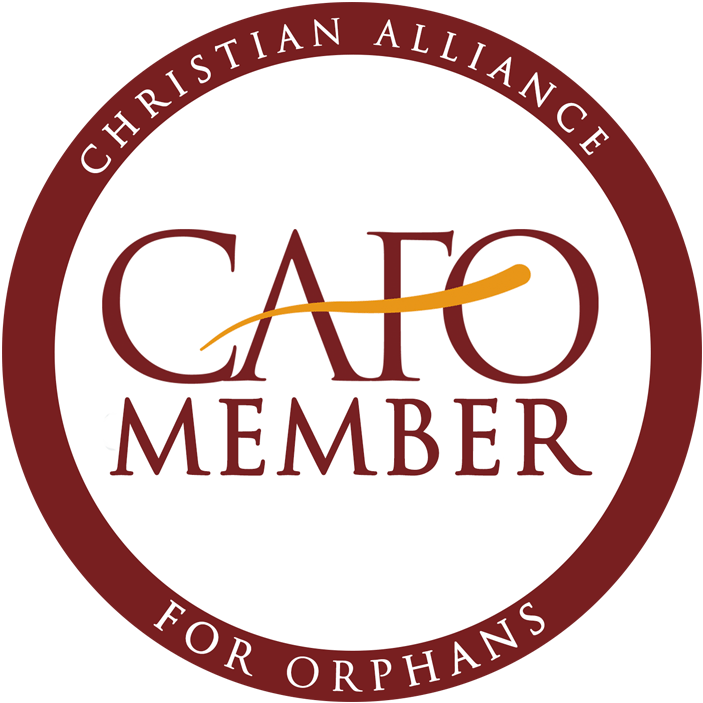Chosen is here to give parents the tools they need to keep going. From free resources to online support groups to behavioral support and parent coaching, we have a myriad of options for you. You are not alone! Contact us for help today!
BIRTH PARENTS
Many biological parents who have been impacted by the child welfare system are doing everything they possibly can to be reunited with their children. Often, support before and after reunification is desperately needed for a stable family environment.
KINSHIP CAREGIVERS
Often the grandparents, extended family members, or close family friends of the children in their homes, relative caregivers are faced with raising children who were removed from their first families. These difficult removals occurred because children experienced trauma, abuse or neglect.
Relative caregivers have had none of the traditional training that foster parents have received. This leaves them ill-equipped to handle the challenges of children with hard histories. Chosen offers parent education to relative caregivers.
FOSTER PARENTS
Children in the child welfare system have suffered trauma because of abuse and neglect. These children are separated from their parents and placed in an unfamiliar family. On average, children in foster care move multiple times in a single year. The impact of these hard histories leaves children vulnerable, lonely, and hurting.
ADOPTIVE PARENTS
Children with a history of trauma often find themselves at a loss to break these cycles. Traditional parenting techniques don’t seem to work. Training they received before the child entered the home was not enough or as been forgotten. Friends and family provide well-meaning advice that is ineffective, and caregivers are left feeling confused and overwhelmed by what their children need in the midst of everyday struggles.
MEETING THE NEED.
Children in the child welfare system have suffered trauma because of abuse and neglect. These children are separated from their parents and placed in an unfamiliar family. Other times, they are placed with relatives who now have to transition to a parental role. On average, children in foster care move multiple times. If a foster family is unavailable the child will have to stay in shelters or other institutional settings. The impact of these hard histories leaves children vulnerable, lonely and hurting. This vulnerability can leave children in a place of being unable to receive the love that their potential permanent family wants to give them.
Foster, adoptive, and relative caregivers welcome children into their homes with great intentions. The needs of these children can be so complex that the new family can be unable to handle how their child is working through abuse, neglect, and hurt. The trauma that their children have gone through often results in behaviors that cause stress for the entire family. The training that families have during the licensing process often focuses on state procedures. It can lack the training that helps parents handle trauma-related behaviors. This lack of trauma-informed education and support causes frustration, which can lead to some parents wanting to give up. At this point, their children are not on the road of healing, and the cycle of trauma is at high risk of starting over again.

